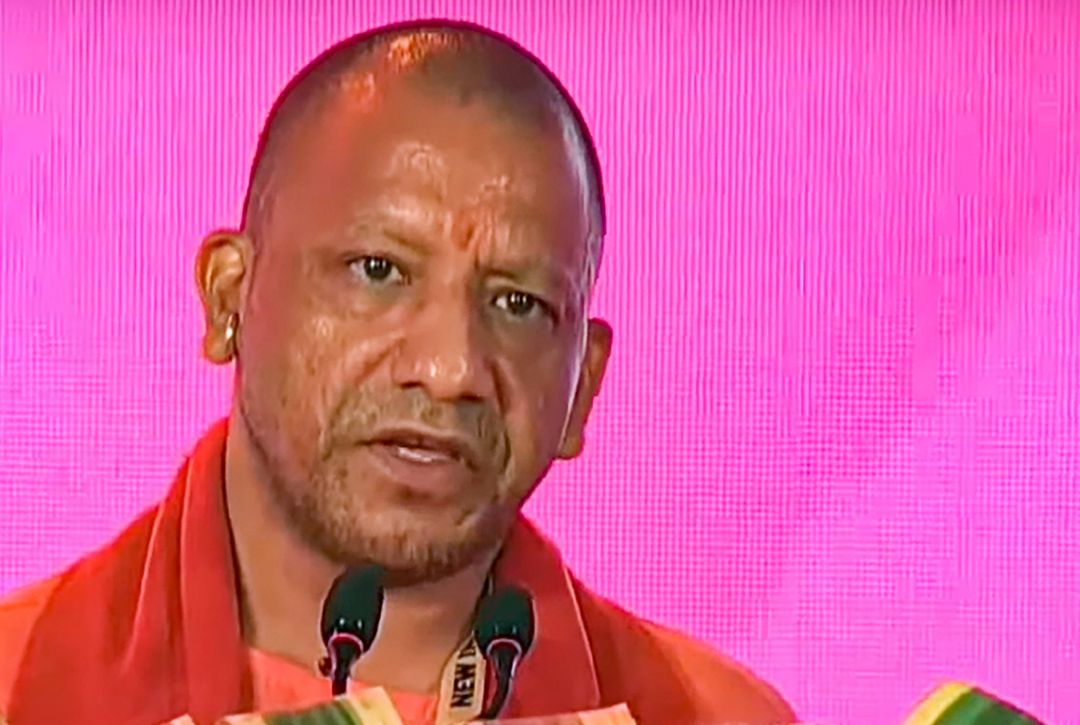Opposition Slams Bill as "Unconstitutional", Government Calls It a “Historic Reform”
New Delhi, April 4 — After an intense 13-hour debate, Parliament has approved the Waqf (Amendment) Bill, 2025, with the Rajya Sabha passing it early Friday. The Bill, already cleared by the Lok Sabha on Thursday, faced stiff resistance from opposition parties, who labelled it "anti-Muslim" and "unconstitutional".The Rajya Sabha passed the Bill with 128 votes in favour and 95 against, while the Lok Sabha cleared it with 288 members supporting and 232 opposing.
In addition to this, Parliament also approved the Mussalman Wakf (Repeal) Bill, 2025, with both Houses granting their assent.
Government Defends Bill as Inclusive Reform
Union Minority Affairs Minister Kiren Rijiju led the charge in defending the Bill. He accused the Congress and opposition parties of fear-mongering within the Muslim community and insisted the legislation was a progressive step toward inclusion and modernization.He added that the Bill incorporated suggestions from the Joint Parliamentary Committee and various stakeholders.“The Waqf Board is a statutory body and should be secular, just like other government bodies,” Rijiju stated, justifying the inclusion of a limited number of non-Muslims—restricted to four out of 22 members—on the Board.
Nadda: Bill Aims to Empower, Not Target
Leader of the House and BJP President J.P. Nadda emphasized that the Bill is not against Muslims but aims to benefit the underprivileged and protect the rights of Muslim women.“You made Muslim women second-grade citizens,” Nadda said, targeting the Congress, citing inaction on issues like triple talaq despite similar bans in countries like Egypt, Sudan, Bangladesh, and Syria.
Opposition Unites in Fierce Criticism
The Bill drew widespread opposition from INDIA bloc parties including the Congress, DMK, TMC, AAP, Shiv Sena (UBT), Samajwadi Party, RJD, and Left parties.Key Opposition Reactions:
- Mallikarjun Kharge (Congress): Called the legislation “unconstitutional” and a deliberate move to disturb communal harmony. Urged the government to withdraw the Bill.
- Syed Naseer Hussain (Congress): Accused the BJP of triggering communal tension to strengthen its political base.
- Manoj Jha (RJD): Said the Bill reflects “dog whistle politics” and questioned its intent.
- Ram Gopal Yadav (Samajwadi Party): Warned against India slipping into a “totalitarian state”.
- John Brittas (CPI-M): Described the Bill as an attack on secularism and equality enshrined in the Constitution.
- Abhishek Singhvi (Congress): Criticised the omission of the concept of 'Waqf by user', accusing the government of expanding control over Muslim properties.
- Kapil Sibal (Independent): Questioned why reforms were limited to Muslim institutions and not extended to Hindu bodies. Urged property rights for women across religions.
- Sanjay Singh (AAP): Warned that other religious bodies could be targeted next.
- Sanjay Raut (Shiv Sena UBT): Alleged the Bill was a distraction from international issues like U.S. tariff policies.
DMK and Others Call Bill Morally and Legally Defective
DMK leader Tiruchi Siva categorically rejected the Bill:YSRCP’s Y V Subba Reddy also termed the Bill unconstitutional, echoing sentiments from various quarters of the opposition.“It is legally flawed, constitutionally indefensible and morally reprehensible,” he said, expressing confidence that the Supreme Court will strike it down.
Meanwhile, BJD MPs were allowed to vote freely, reflecting internal divisions within regional parties.

